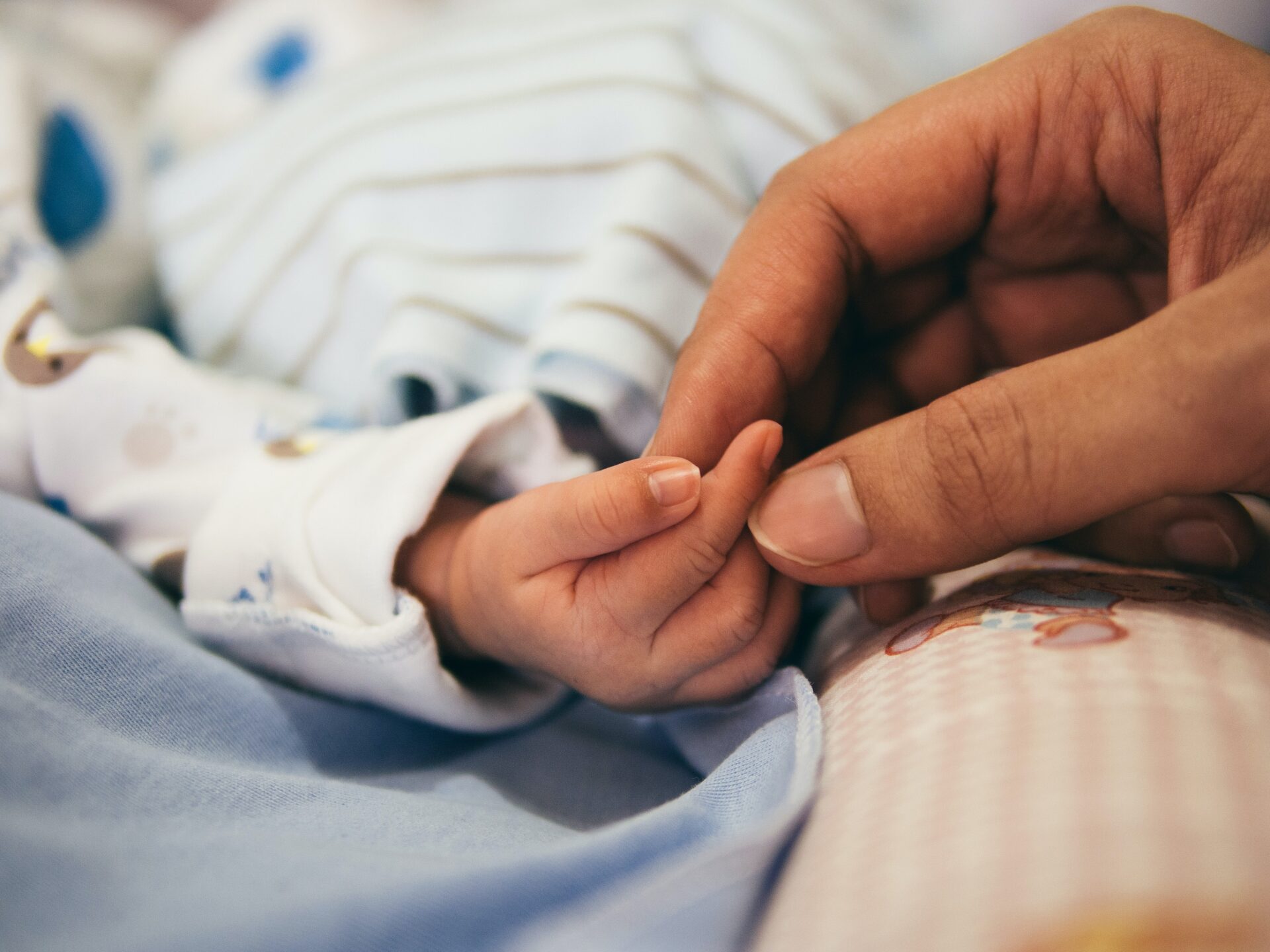
New motherhood is intensely personal, full of questions about physical and mental well-being, safety, finances, family and identity. It’s also intensely political. Public policy choices shape maternal health outcomes, which, in turn, shape society as a whole.
As maternal health advocate Khadija Garrison Adams says, it’s necessary to “honor the whole of life, rather than live in a world of pieces.” For many young people, parenthood is a far-off concern, seemingly unrelated to the hustle and bustle of college and career. For others, it’s the most pressing concern of all. But regardless of one’s life stage, all Christians should be paying attention to maternal health policy and helping new moms flourish.
Giving birth in America is far more dangerous than it has to be. The country’s maternal mortality rate is three times higher than that of comparable nations, and most of these deaths are preventable. As the White House and others have called it, this situation is a crisis.
Especially alarming is the fact that maternal health statistics reveal stark inequalities. In 2018, Black mothers were more than twice as likely to die than white mothers. This is roughly the same Black-white disparity that existed in the 1940s. Particularly concerning is the fact that attaining higher levels of education doesn’t lower the maternal mortality ratio for Black women as it does for white women. Black mothers with a college education are still more likely to die than white mothers with less than a high school education.
Outcomes also vary state to state. In 2018, Alabama, Arkansas, Kentucky and Oklahoma reported ratios of greater than 30 deaths per 100,000 births. In California, Illinois, Ohio and Pennsylvania, ratios were less than half the figures in those states.
An important factor contributing to these disparities is the lack of adequate and affordable health insurance options available to pregnant women. Many of the most common causes of maternal death — including cardiovascular conditions, infections and excessive postpartum bleeding — can be addressed through early intervention and comprehensive postpartum care. Yet too many women don’t have access to the life-saving care they need due to their insurance status.
Medicaid, which covers 42% of births nationally, provides crucial support, but it’s not always sufficient. Roughly 10 states are not yet ready to cover the full 12 months postpartum. This lack of coverage is a grave issue considering the fact that women remain vulnerable long after labor and delivery — in fact, over half of maternal deaths occur seven to 365 days after birth, according to the CDC.
Medicaid recipients also face problems of quality: Compared to privately insured women, they were more likely to report receiving no postpartum visit, having to return to work within two months after birth, having less control over important health decisions, and being unfairly treated.
Maternal Health and Public Justice
Systemic gaps and enduring inequalities can render pregnant women unseen and unaccounted for. And when mothers are invisible in policymaking, so are their children. This situation falls short of the biblical vision for families and, by extension, community flourishing.
In Scripture, God’s people are urged time and time again to care for widows and orphans, who were often left out of societal support systems (Exodus 22:22, Isaiah 1:17, James 1:27). Those who failed to care for these vulnerable members of the community are condemned in harsh terms (Isaiah 10:3).
This consistent thread throughout Scripture reveals God’s special concern for marginalized women and children and raises questions for believers today. Who is left out of our systems of care? How can they be brought back in? Who is responsible for making things right?
The public justice framework is a helpful tool in answering these questions. According to the Center for Public Justice Guidelines, governments are responsible for upholding “the integrity and social viability of families.” Ensuring this viability is especially crucial during the earliest and most fragile days of a family’s life: pregnancy, birth and the postpartum period. This investment in maternal health is important first and foremost because it honors the dignity of both mothers and children as bearers of God’s image. It’s also important because fostering healthy families helps foster healthy communities. When parents don’t have to worry too much about their health and healthcare costs, they can pour more time into their kids, who in turn become better-equipped, future citizens.
Faithful, Concrete Action
The good news is that the U.S. has seen many improvements in maternal health policy in recent years. Thirty-five states, including Georgia and North Carolina, have introduced or implemented legislation to expand Medicaid coverage to twelve months postpartum.
With some of the most comprehensive maternal health policies in the country, Michigan provides a model for the rest of the states. Pre-birth and postpartum home visits, which are key in identifying and addressing many of the root causes of maternal death, are covered by Medicaid in the state. Doula care, which provides essential emotional support and culturally sensitive guidance, is also covered. To increase the use of maternal health services, the state has introduced an app that families can use to access information about available resources.
Still, several states have yet to pass the 12-month extension, including Texas, which has the second biggest population in the country. One way Christians can support maternal health is to urge these state governments to adopt the extension and consider covering other vital supports like doula care.
It’s important to note that ensuring a full year of health insurance for new moms is only part of the solution to the maternal health crisis, which should include paid and protected parental leave, flexibility at work and peer support. Responsibility for supporting women’s maternal health also falls on those outside of government, such as fathers, extended families, churches and community organizations.
Giving birth should not be a death sentence, in America or anywhere in the world. It should also not be prohibitively expensive. Right now, Christians have the opportunity and duty to honor the dignity of pregnant women and their children. It’s a justice issue, a family issue and a faith issue.
Since the publication of this article, the Texas House of Representatives passed HB 12, which would extend Medicaid coverage to twelve months postpartum. It awaits action in the Texas Senate.
Ezra Craker is a Shared Justice intern this spring. He will graduate from Calvin University in May with a BA in Political Science and English.






